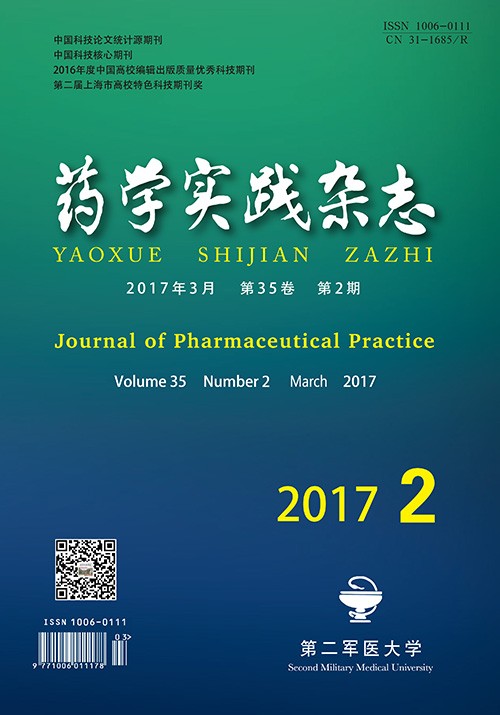|
[1]
|
Moerman DE. The meaning response:thinking about placebos[J]. Pain Pract, 2006, 6(4):233-236. |
|
[2]
|
Moerman DE. The meaning response and the ethics of avoiding placebos[J]. Eval Health Prof,2002,25(4):399-409. |
|
[3]
|
Moerman DE. Agreement and meaning:rethinking consensus analysis[J]. J Ethnopharmacol,,2007,112(3):451-460. |
|
[4]
|
Moerman DE,Jonas WB. Toward a research agenda on placebo[J]. Adv Mind Body Med,2000,16(1):33-46. |
|
[5]
|
Moerman DE,Jonas WB. Deconstructing the placebo effect and finding the meaning response[J]. AnnIntern Med,2002,136(6):471-476. |
|
[6]
|
王莉,邓勋,贺帅,等. 高血压患者药物品牌内涵响应对用药选择的影响[J]. 今日药学,2010,20(5):35-38. |
|
[7]
|
曹贤芹,张静,庄丽琼,等. 门诊患者药物品牌内涵响应对用药选择及依从性的影响[J]. 今日药学,2011,21(7):444-446. |
|
[8]
|
葛悦,朱珠. 我院部分国产药与进口(合资)药使用情况简析[J].中国医院药学杂志, 2007,27(11):1576-1578. |
|
[9]
|
Cai J,Ye MR,Fei CH,et al. Impact of brand-name drug worship and expectation psychology on antidepressant efficacy[J].Int J Clin Exper Med,2013,6(8):724-726. |
|
[10]
|
Kesselheim AS,Gagne JJ,Franklin JM,et al. Variations in patients' perceptions and use of generic drugs:results of a national survey[J]. J Gen Intern Med,2016, 31(6):609-614. |
|
[11]
|
Drozdowska A,Hermanowski T. Exploring the opinions and experiences of patients with generic substitution:a representative study of Polish society[J]. Int J Clin Pharm,2015,37(1):68-75. |
|
[12]
|
Patel M,Slack M,Cooley J,et al. A cross-sectional survey of pharmacists to understand their personal preference of brand and generic over-the-counter medications used to treat common health conditions[J]. J Pharm Polic Pract,2016,9(1):1-8. |
|
[13]
|
Carbon M,Correll CU. Rational use of generic psychotropic drugs[J]. CNS Drugs,2013, 27(5):353-365. |
|
[14]
|
Desmarais JE,Beauclair L,Margolese HC. Switching from brand-name to generic psychotropic medications:a literature review[J]. CNS Neurosci Ther,2011, 17(6):750-760. |
|
[15]
|
Margolese HC,Wolf Y,Desmarais JE,et al. Loss of response after switching from brand name to generic formulations:three cases and a discussion of key clinical considerations when switching[J]. Int Clin Psychopharmacol,2010,25(3):180-182. |
|
[16]
|
Pae CU,Misra A,Ham BJ,et al. Paroxetine mesylate:comparable to paroxetine hydrochloride[J]. Expert Opin Pharmacother,2010,11(2):185-193. |
|
[17]
|
Van Ameringen M,Mancini C,Patterson B,et al. Symptom relapse following switch from Celexa to generic citalopram:an anxiety disorders case series[J]. J Psychopharmacol (Oxford),2007,21(5):472-476. |
|
[18]
|
Cessak G,Rokita K,Dabrowska M,et al. Therapeutic equivalence of antipsychotics and antidepressants-A systematic review[J]. Pharmacol Rep,2016,68(2):217-223. |







 DownLoad:
DownLoad: